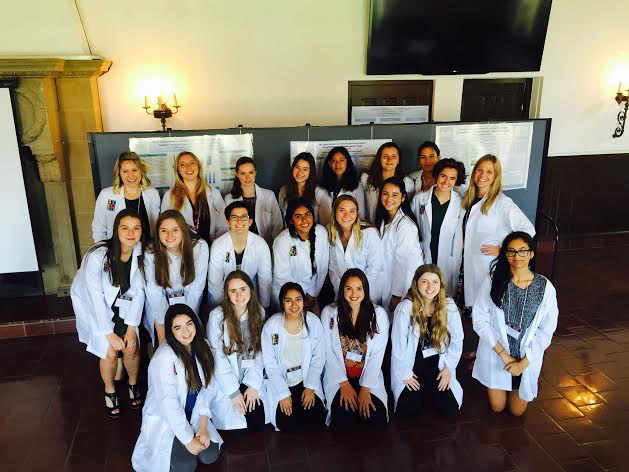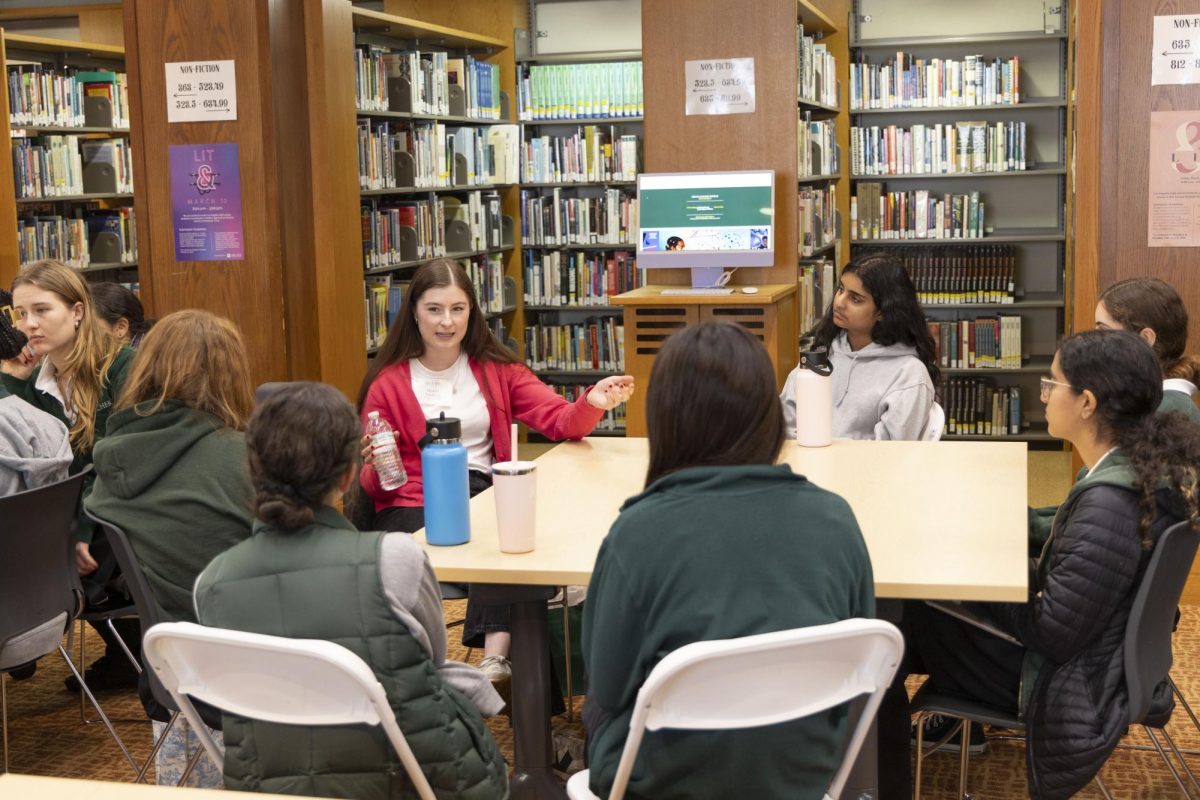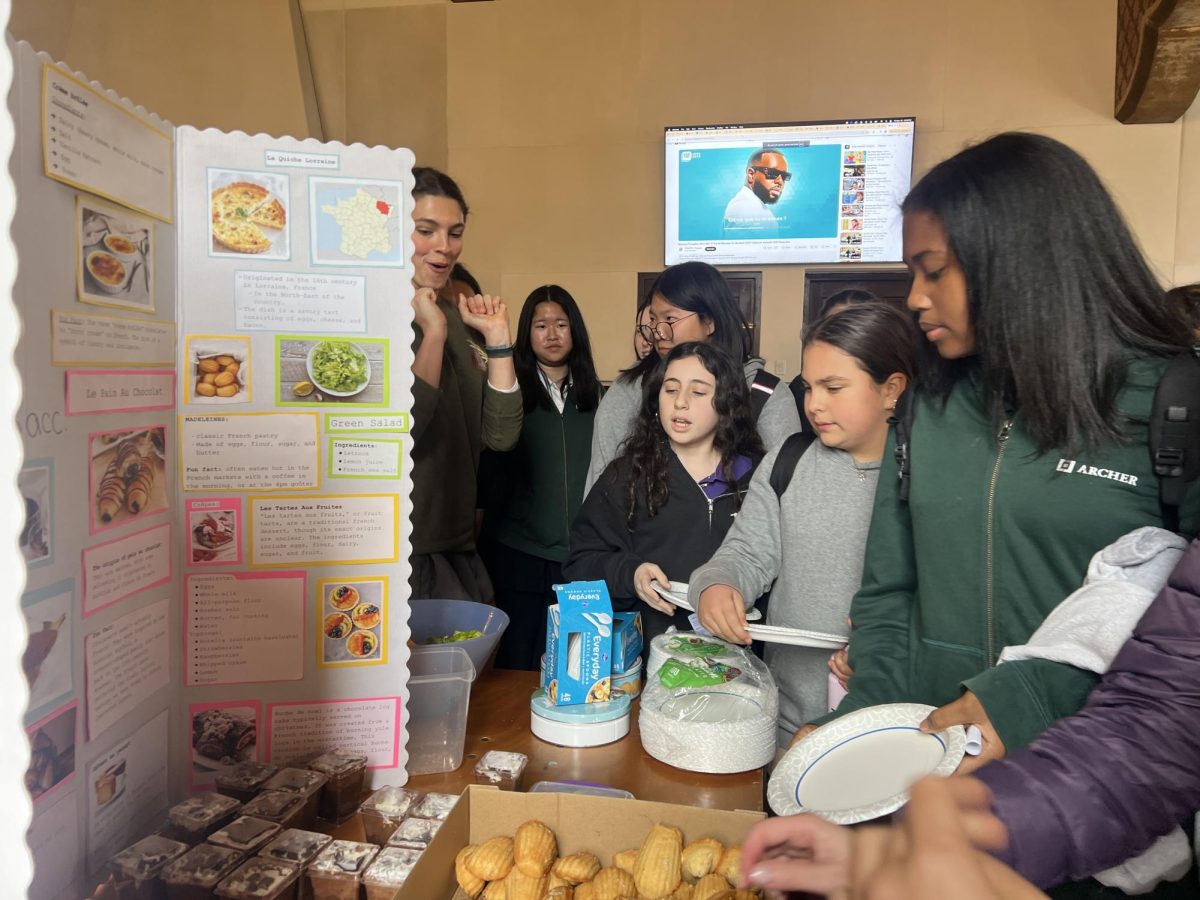Correction: The original version of this article incorrectly stated that Elizabeth English was an “opponent” of STEM. This error has been corrected to “proponent” of STEM.
The Honors Research in Science Class hosted the Science, Technology, Engineering and Mathematics (STEM) Symposium at Archer on May 21. The STEM symposium is a showcase of the students’ research projects from the school year. The students presented their projects to family, friends, teachers and visiting experts in STEM fields.
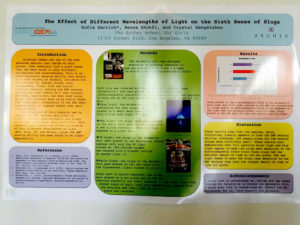
“I chose to take this class because I am really interested in science and research. I wanted to test my boundaries and learn about something that really fascinated me,” said Sofia Garrick ’16, a student in the Honors Research class.
Garrick ’16 conducted a two-part project in engineering and biology. She built a Helmholtz coil,which created an electromagnetic field to test how slugs respond to the field in different wavelengths of light.
“I decided to take the honors research class because I have always wanted to push myself in the science field and [because] I could really learn about something and apply myself to something that I am really passionate about – which I did through picking a project,” said Maddie Arzt ’16, also a junior in the class.
Arzt ’16 conducted a biology oriented project in which she tested the effects of blueberries on Alzheimer’s Disease in C. elegans.
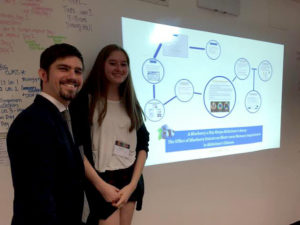
In addition to the students’ presentations throughout the day, Cathy Olkin spoke to the attendees of the Symposium as the keynote speaker.
Olkin is a deputy project scientist at the Southwest Research Institute for NASA’s New Horizons mission to Pluto. According to Olkin, the New Horizons mission started nine years ago, and their satellite is set to reach Pluto this summer.
Head of School Elizabeth English is a strong proponent of Archer’s STEM program.
“We at Archer believe that our mission is to educate the future female leaders of this country,” English said, “and that of course includes the areas of STEM. We are very proud that this year’s senior class, 28 percent, intends to major in the STEM fields.”



